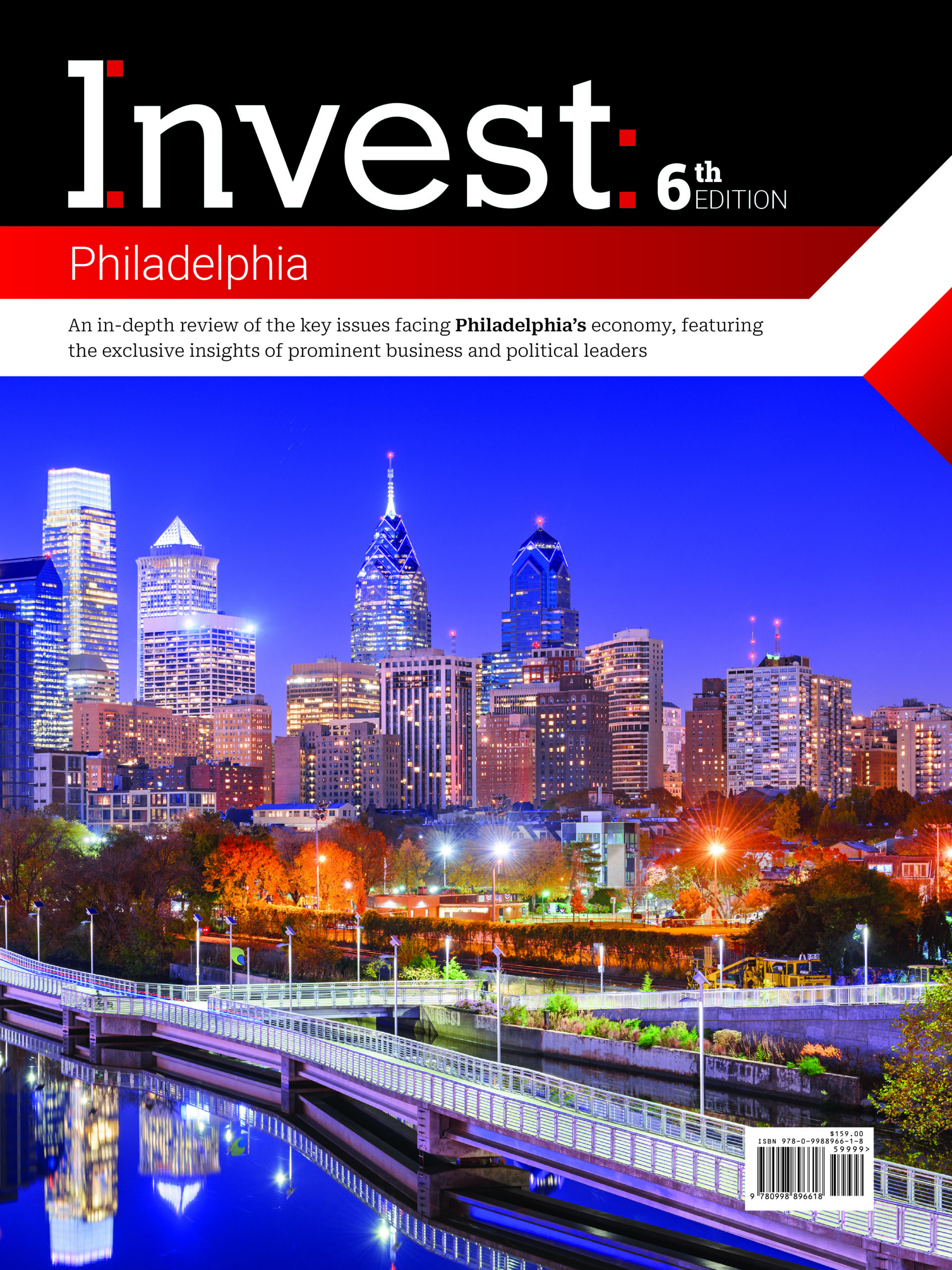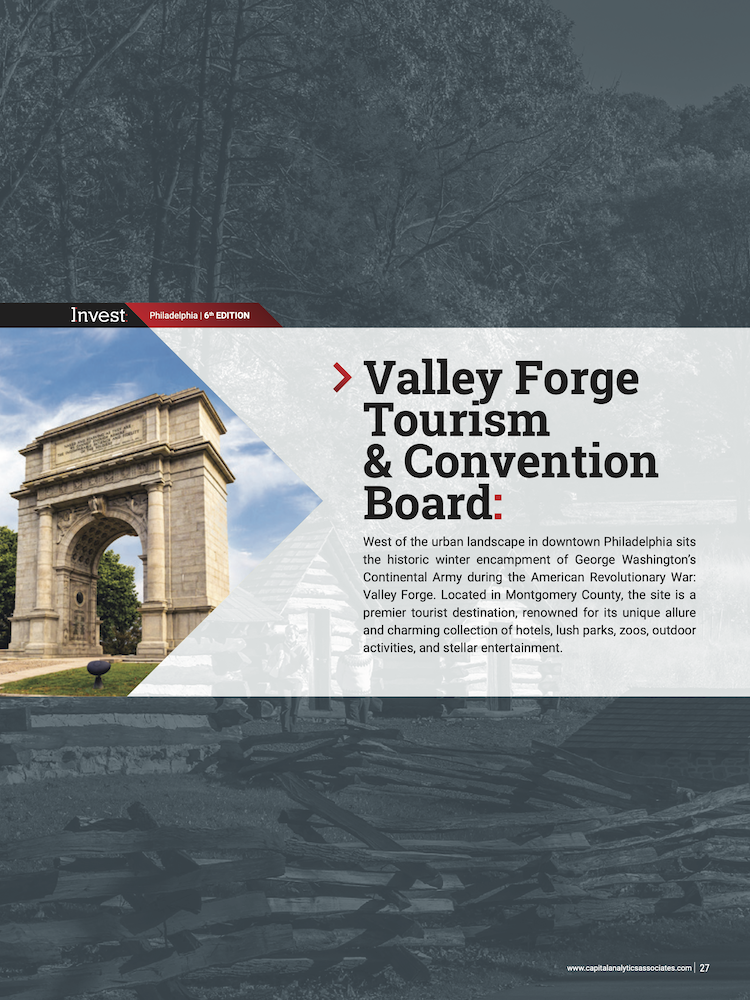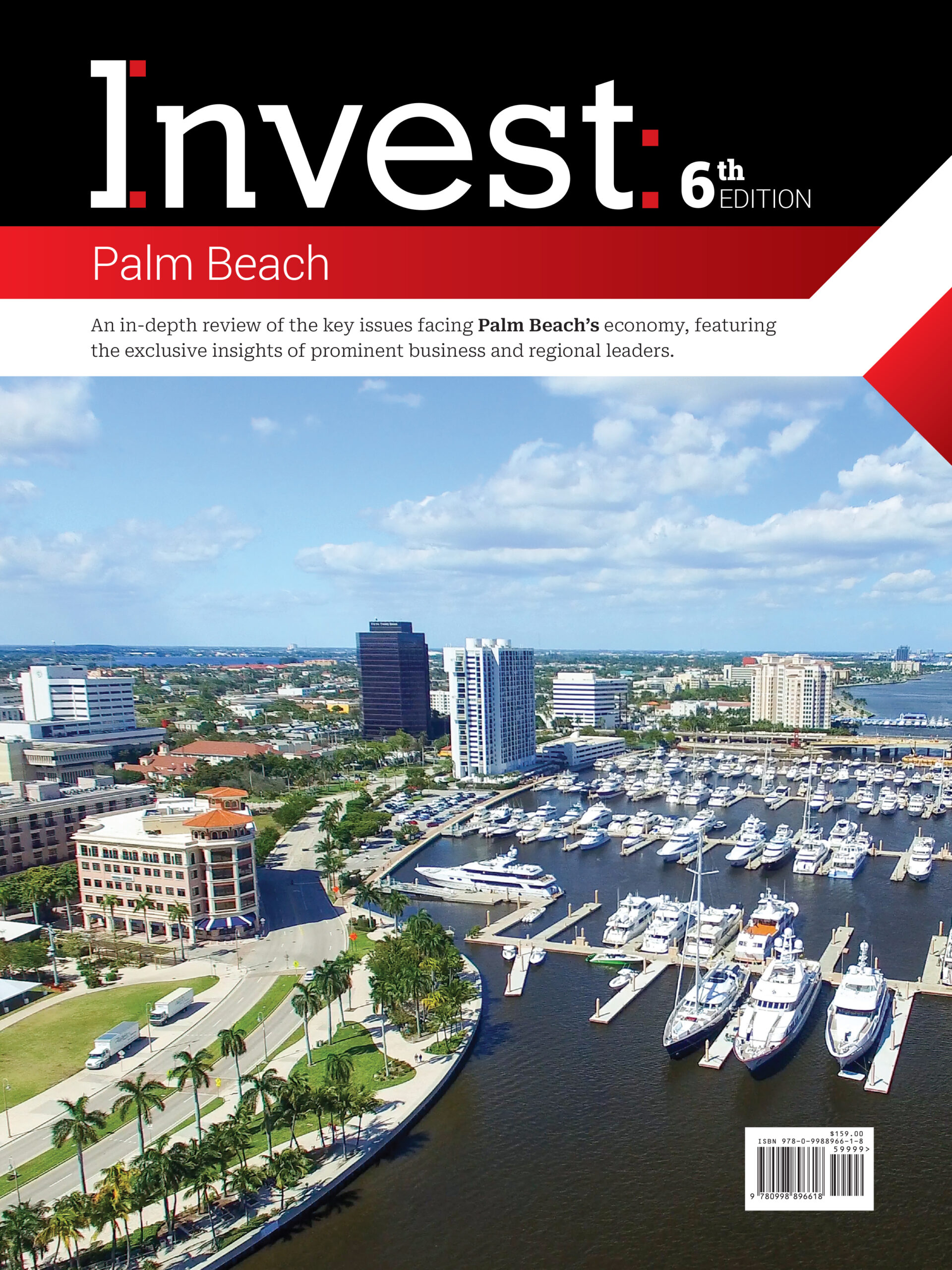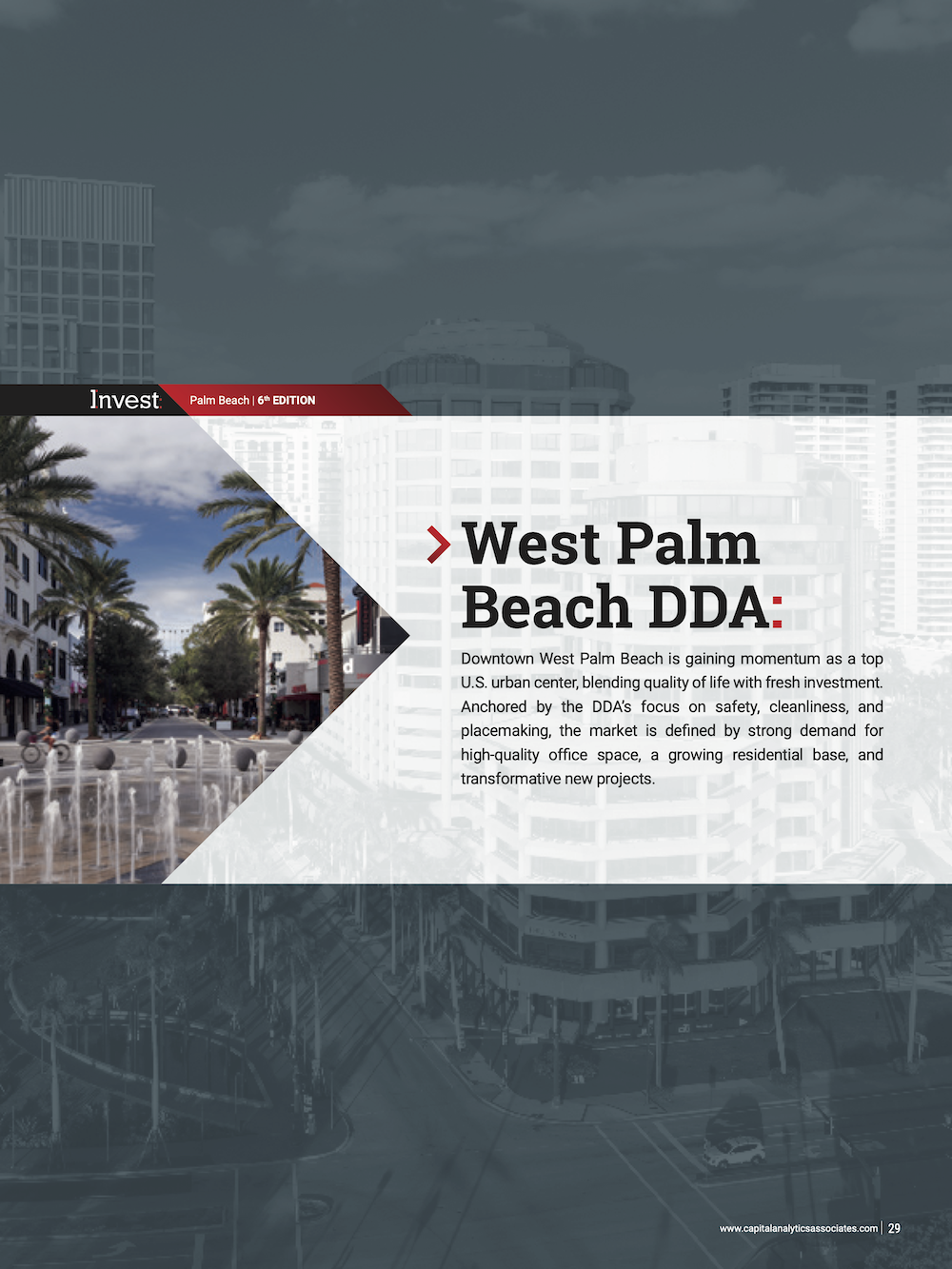Spotlight On: Peter Lando, Founding Partner, Lando & Anastasi, LLP
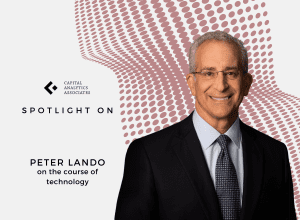
November 2024 – Peter Lando, a founding partner of Lando & Anastasi, LLP, sat down with Invest: to discuss how economic and regulatory changes have affected intellectual property law in Boston, as well as how innovation and technology continue to evolve and propel the Intellectual Property (IP) industry forward.
Could you provide an overview of your firm’s highlights in Boston’s legal landscape?
We are a boutique intellectual property law firm. Our focus is generally on patents, trademarks, copyrights, trade secrets, and the associated licensing and litigation in these areas of the law. These intangible assets, information and privacy rights, create a currency to use in business. We protect, help monetize, and enforce these assets for our clients. The Boston area is one of the most innovative places in the world. It is home to some of the most technologically prolific and prestigious companies and educational institutions— one might say that we work in an “innovation economy,” and we have greatly benefited from being in this location.
We started our firm 21 years ago as a break from the traditional legal market. We set out with a different model in terms of our firm management, practice norms and requirements, and pricing of our services. Our partners take an active role in managing the firm, and they work with a very lean internal executive team to run our business. Our firm includes 50-60 professionals, and this staffing level remains steady as we continue to implement new technology to increase efficiency. We represent both small and large companies, as well as multinationals, with technologies that range from biotechnology to software. We perform sophisticated work for sophisticated clients.
What emerging trends within the industries you serve have you noticed that are significantly impacting your clients?
The past year has been interesting in that the federal government and associated agencies have suggested noteworthy policy changes. For example, the Federal Trade Commission (FTC) launched an effort to outright ban non-compete agreements, which has been a huge challenge for our clients, particularly where their trade secrets are concerned. Even though it has been blocked by the courts, more states are challenging restrictive covenants, creating a patchwork of regulation and causing even more confusion.
More administrative activity is coming from the federal government in the form of “March-In” Rights on technology developed with federally-funded research under the Bayh-Dole Act. The Bayh-Dole Act has had a profound and positive economic impact, fostering innovation, collaboration, and entrepreneurship while advancing scientific knowledge and technological progress. It has been a cornerstone of the U.S. innovation ecosystem. The government’s proposed framework would allow government agencies to grant march-in petitions based on “unreasonable” pricing. However, it is apparent that the proposal would not achieve this goal; rather, it would reverse economic gains, stunt research, and harm innovation. Another thing to watch is the effect of the recent Supreme Court decision striking down what was known as “Chevron deference,” which had previously given administrative agencies the unique ability to decipher what was considered ambiguities in statutes.
A third aspect involves Congress failing to continue R&D tax credits which used to yield one-for-one credits on certain expenses as they relate to R&D. Now, the credits must be taken over a span of four or five years, which lessens incentives for innovation. Also, despite a recent cut in interest rates, they remain relatively high, and this has caused investment to slow down and, together with higher than usual inflation rates, generally created an uncertain economic outlook for many industries.
Keeping these trends and regulatory concerns in mind, have you seen greater demand across any particular industries or practice areas over the past year?
Nothing is going to stop the overall course of technology, especially with the rise of “green” technology due to environmental concerns. In addition to “green” and “blue” technologies, our firm also does extensive work in the fields of biotechnology, medical devices, robotics, semiconductor, telecom, and material sciences. This provides us with a great perspective on “tomorrow,” in that we have an advantaged perch to see these innovations taking shape.
As AI technology continues to develop and impact every industry, our firm is also thinking ahead about how to protect our clients’ innovations, even as our statutes are not quite ready to accommodate the changes that come with such rapid advancement.
What are the most common challenges your clients are facing right now, and how does the firm help address them?
The uncertain economy and high interest rates have been an enormous challenge and have greatly impacted our start-up clients. These emerging companies have had to be more patient and creative when searching for investment partners, such as extending into private and angel financing options. Start-ups have been asked more probing questions during diligence, and many are pushing new technologies into commercial applications. While I do think the strain of the economy and interest rates will lessen as innovators continue developing, the government’s “March-In” Rights proposal is a cause for concern that could inject further uncertainty and upset innovators and the investment community.
Given your focus on intellectual property, could you provide some insights into the main opportunities in this area?
We are observing all sorts of new technologies being developed and applied to commercial applications. Sometimes the promise is greater than the reality, but it is clear that there is a technological convergence throughout the economy. Consumers are the beneficiary, and many industries are being served in transformational ways. Today’s technologies are being applied in more conventional applications throughout the innovation ecosystem of Boston and around the world.
There are challenges to consider of course, as there are pockets around the globe that could truly benefit from innovation, such as with access to healthcare and telecommunications, and clean water and sewage treatment. There is more to these issues than just the intellectual property rights—patents and trade secrets. The IP rights need to be respected and shared in a way that underserved markets can still obtain access.
The advent of commonplace remote work has created another challenge. Companies with many employees need significant cyber security protections and awareness of cyber threats that threaten their IP. The challenge to protect confidential and proprietary information for these types of companies is exponentially higher these days.
How has your firm been leveraging technology in your operations?
AI is changing the way businesses in every industry operate, including law firms. While AI can potentially be resourceful, our firm takes a cautionary approach to its use—particularly in its current state. Patents require not only an understanding of the underlying technology, but also the knowledge, experience and skill to ask the right questions and expand the scope of innovation. For example, when drafting patent claims, which embody the invention, care must be taken to consider the business and competitive landscape. In fact, claim-drafting is the hardest thing to do in all of IP law, and it must be done well. As practitioners, we recognize our duty to consider technologies such as AI to understand how we may be able to use it to increase efficiencies and to better help our clients. That being said, we feel strongly that clients would be mis-served by total reliance on AI to draft important documents.
What are the top priorities for Lando & Anastasi in the next few years?
Again, we have just celebrated our 21st anniversary. Over the next couple of years, many of our younger partners will move into leadership roles and manage the firm. Technology will continue to improve and will likely be incorporated into our operations in new ways. We will also have to address regulatory changes and proposals. The firm will continue to grow and hire, as we expand our bench to maintain technological currency. We do frequently receive calls from larger firms that want to expand into the Boston area and take advantage of its innovation economy. However, at this point we are committed to remaining a boutique. The firm has been referred to as a shop of craftsmen—the “Cartier” among the general law firms “department stores.” We rank highly in all major publications alongside much larger firms, some that have as many offices as we have practitioners, and we are quite proud of that.
For more information, please visit:
https://www.lalaw.com/

